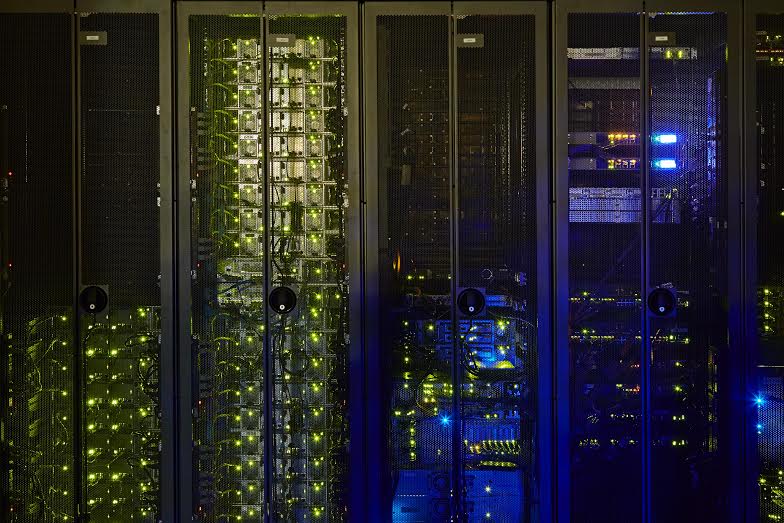What Do You Know About the Data Explosion?

Do you know how much data we’re creating?
By the time you finish reading this, the world will create nearly as much data as in all of human history up until the year 2003.
It’s estimated that the digital universe is doubling every two years, and will reach 40 trillion gigabytes by 2020.
Technology is transforming the world in incredible ways. It can help track disease outbreaks, make our cities smarter, and give businesses powerful new insights into their customers. This unprecedented access to information has spurred a new Idea Economy, where the ability to turn an idea into a new product or service has never been easier.
Do you know how much energy it takes to manage all our data?
It’s estimated that data centers around the world today use more energy than the countries of Japan and Germany combined.
Conservative estimates say that at the current rate of growth, large cloud and web providers will need to install 8-10 million new servers in the next three years—and would require an area the size of Manhattan to house them. Managing this explosive creation, sharing and storage of data takes enormous amounts of energy.
One thing is for sure: Business as usual is not sustainable. There is no place for “usual” in a world where information is exploding at this rate.
The infrastructure required to collect, process, store, and analyze all this data requires transformational changes in the foundation of computing.
We see this as an incredible opportunity for business. An opportunity to firmly embed purpose into the heart of business strategy. A chance to focus your actions and innovations on creating a better future. At HP, we call this Living Progress, and it’s changing how we work to sustainably meet the data needs of the future.
Did you know computing hasn’t fundamentally changed in six decades?
It’s true: The fundamental architecture of the computer hasn’t changed in 60 years. Computers have become smaller, faster and more power efficient, but communications, computation and storage—the basic elements of the computer—remain unchanged.
Hundreds of talented researchers at HP Labs are challenging this traditional computing model. A massive research project, dubbed “The Machine,” is reinventing the fundamental architecture of computing—enabling a quantum leap forward in performance and resource efficiency. It demonstrates the sustainable innovation agenda that is driving our company, and the world, forward.
Do you know who is working to solve this challenge?
The future is ours to create. We believe that by uniting people, ideas and technology we can solve the world’s toughest challenges. That’s why we’re delighted to host the Living Progress Exchange at the 2015 Net Impact Conference.
This discussion forum will bring together thought leaders, dreamers, and risk-takers who are reimagining the future and the technology that powers our world. During this 90-minute discussion, titled Living Progress Exchange: Solutions for Meeting the Data Needs of the Future, we will explore:
1. What do the cloud and big data mean to the future of business?
2. What constraints and challenges face business leaders of the future?
3. How do we bring together people, ideas and technology to solve the challenges that threaten future economic progress?
Do you want to join the conversation?
One participant will be chosen from the Net Impact audience to join Hewlett Packard Enterprise, GlobeScan, and other thought leaders on stage to share ideas and advance creative solutions.
We want to hear from you. Please join us Saturday, November 7 from 1:15 PM to 2:45 PM, at the 2015 Net Impact Conference—and on Twitter at #livingprogress—as we work to create a better future together.




